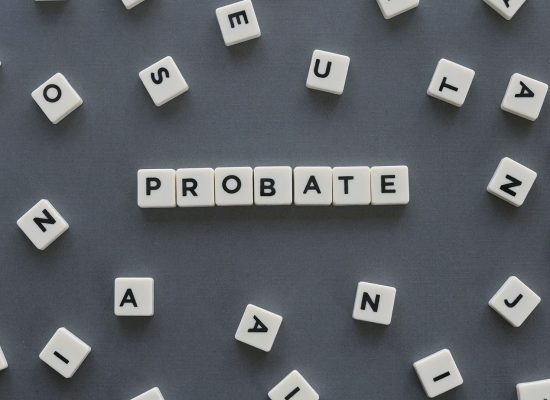Probate and Administration of Estates Solicitors
Need a specialist team to help with the administration of an estate?
The process of probate and estate administration in England and Wales can seem complex and overwhelming, especially during a time of grief and loss. However, understanding the steps involved and seeking professional guidance can make the process much more manageable.
BTMK are experts in this field and members of The Society of Trust and Estate Practitioners (STEP). We can provide the entire range of estate administration services and we’ll work alongside you throughout the process. If you feel comfortable dealing with specific aspects, we can be there as support, or we can deal with any elements where you want specialist legal advice.
Our probate and estate administration specialists can help, whatever the size of the estate and whether the deceased died intestate or left a Will that needs to be distributed. We make the probate and estate administration process as simple and as stress-free as possible.
For example, our legal professionals can:
- Obtain the Grant of Representation
- Ensure that the deceased’s tax liabilities are settled
- Make sure that assets and personal possessions are realised
- Ensure other liabilities are paid
- Ensure the estate is distributed in accordance with the Will or with the law
Our expert residential property law department can support you with any consequential sale, helping you move quickly and with minimal disruption.
If the estate includes a business, our company and commercial solicitors can provide you with the best advice possible.
What is a Grant of Probate?
A Grant of Probate is a legal document that confirms the validity of a deceased person’s will and allows the appointed executor to manage and distribute the deceased’s assets and settle any outstanding debts, in accordance with the instructions in the will.
You are obliged to carry out this duty if you are named as an executor.
The Executor
The executor is the person or persons named in the deceased’s will and chosen to carry out their wishes and manage the estate.
If there is no will, known as being intestate, or no executor is appointed, the court will need to appoint an administrator to handle the estate. If a loved one passed away without leaving a will we can help you apply for Letters of Administration, giving you the legal power to administrate the estate. There are strict rules around the order of priority for those who want to apply to administer an estate.
Challenges in the Probate Process
The probate and estate administration process can have many challenges, including:
- Complex Inheritance Tax Rules: Understanding and navigating the UK’s complex inheritance tax rules can be daunting. Seeking professional advice is often essential to minimise tax liabilities.
- Disputes among Beneficiaries: Conflicts may arise among beneficiaries or family members over the distribution of assets, especially if the will is unclear or contested. Mediation or legal intervention may be necessary to resolve such disputes.
- Asset Liquidation: Liquidating assets like property or investments to pay off debts or inheritance tax can be a complex and time-consuming process. We will advise you.
- Administrative Burden: The administrative tasks involved in probate, such as paperwork, documentation, and record-keeping, can be overwhelming. Executors often seek legal or professional assistance to manage these responsibilities.
Specialist Help and Support at BTMK
The BTMK specialists can help with the potential complexities and challenges of probate and estate administration.
Our experts provide specialised probate services can provide invaluable assistance in all areas of probate including navigating the process, completing the paperwork, ensure compliance with legal requirements and offer expertise in tax planning and asset valuation.
Contact us





























